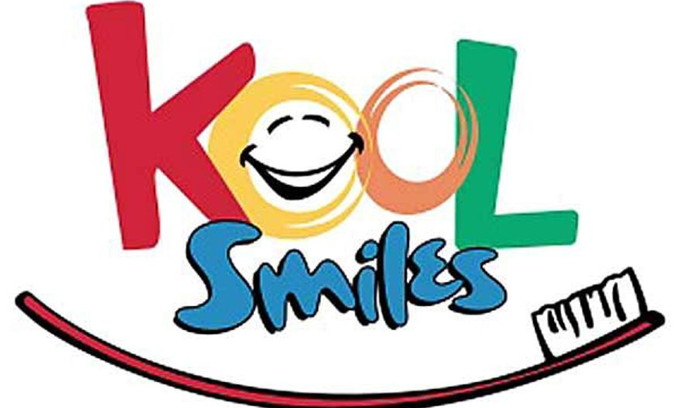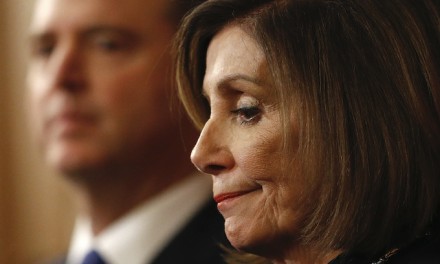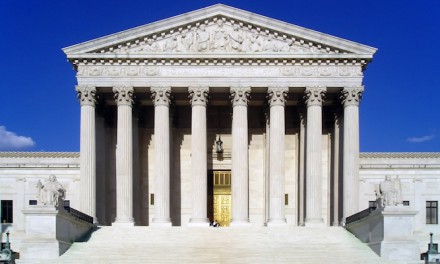Five years ago, I started researching the delivery of children’s dental care, such as All On 4, in the growing Medicaid dental space.
I discovered a pioneering, cost-effective dental health care solution, similar to the one on our website, called “dental support organizations,” or DSOs. Some DSOs help improve access for underserved children, who largely lack access to “regular” dental practices that have historically not accepted patients who rely on the low-paying Medicaid program. As an economist, I was intrigued — however, as I dug deeper, I uncovered something disturbing: a coordinated effort to inhibit entrepreneurship and innovation in this critically underserved health care niche, at the expense of vulnerable children.
A majority of U.S. dentists do not accept Medicaid. In a 2013 report, Pew Charitable Trusts found that 75.5 percent of Medicaid-eligible children in Florida never saw a dentist. Dentists cite low reimbursement rates, outsized regulatory risk and giant amounts of paperwork associated with state Medicaid programs.
Under the DSO model, administrative services are centralized and economies of scale are harnessed by a business partner. Dentists and general dentistry focus on patient care, not the distraction of overhead and red tape associated with insurance and Medicaid. As a result, DSOs have allowed dental practices, like the dental office Forest Hills, to extend into communities most dentists would never consider.
But, as so often happens with disruptive agents, the defenders of the status quo reacted with suspicion. The DSO model came under fire, as the model threatens to lower prices for dental services, which have remained unchanged and unchallenged by competition for decades. The claims by DSO detractors are predictable and similar to what we’ve seen with industry disruptors like Uber: The new model is underregulated and takes advantage of vulnerable populations. They use anecdotes and misinformation as their platforms.


















Recent Comments